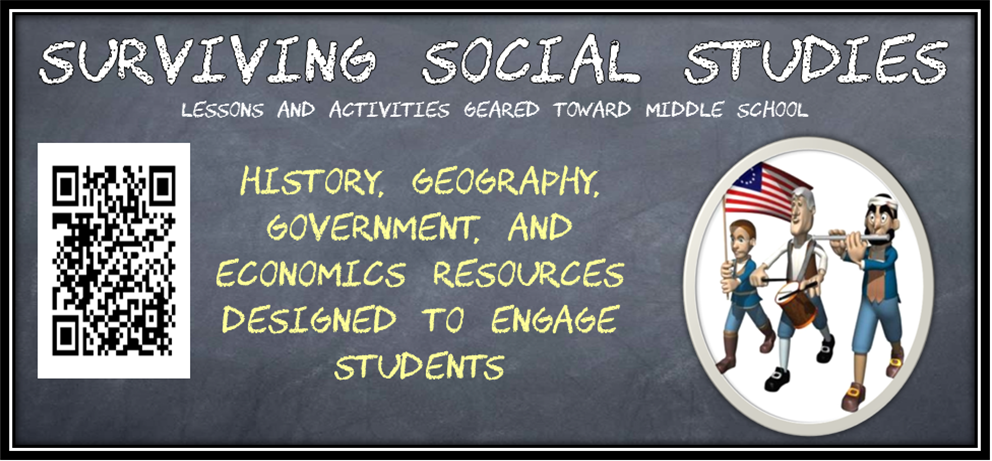On this Veterans Day we are reminded of, and honor, all of the brave men and women who have served among the ranks of our nation's military. For many of the students we teach, Veterans Day is just another day that is celebrated in school with little meaning to them. It's not their fault though. Most of them are too young to understand the significance of the day or they haven't had anyone they've known serve in the military where they've had to worry about their well-being.
Veterans Day is more than just honoring those who have served whether they are still alive or have passed on. It is about what those men and women were willing to put on the line besides their own lives. I'm talking about the lives of their families too. Many families have had to deal with loss, living with PTSD of their family member who has returned from battle, or having to learn how to care for the person that ha
s normally cared for them due to injuries sustained on the field of battle.
This Veterans Day on November 11th is just the day on the calendar that reminds us to pay our respects to those who have served. The other 364 days we can do the same as well. When you see a soldier in line at the gas station tell the clerk you're paying for the soldier's coffee too. Pick up the tab of a soldier at a restaurant. Or simply go up to a veteran and say, "Thank you."

If you are looking for a way to celebrate Veterans Day with your students here's a neat activity to do in your class. After your students create them have them write a little thank you note and send these off to your local American Legion, VFW, or military training station in your state. A small gesture goes a long way.
Happy Veterans Day!





















